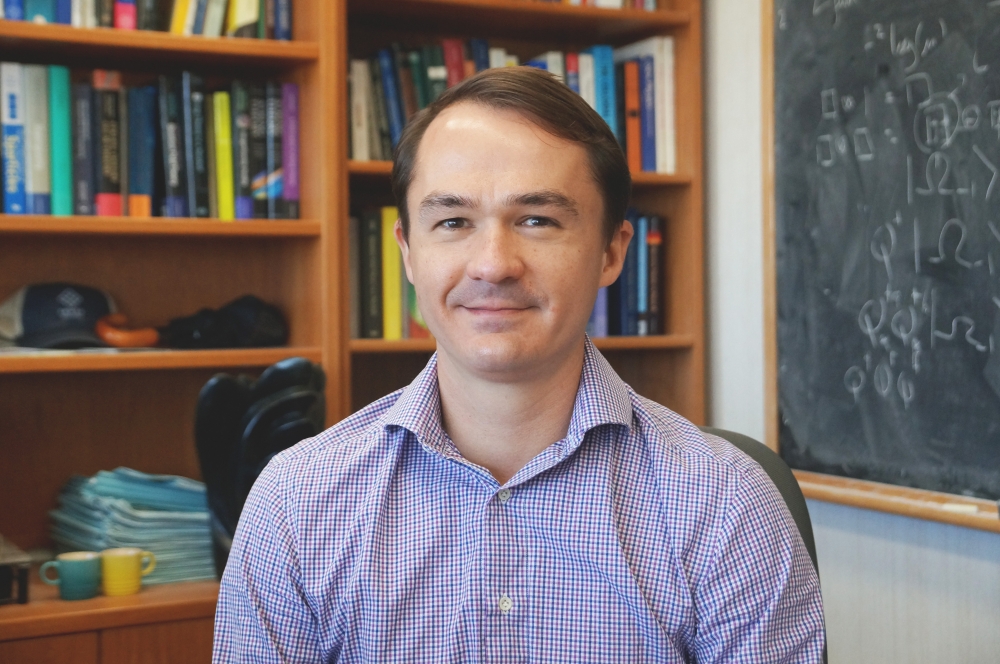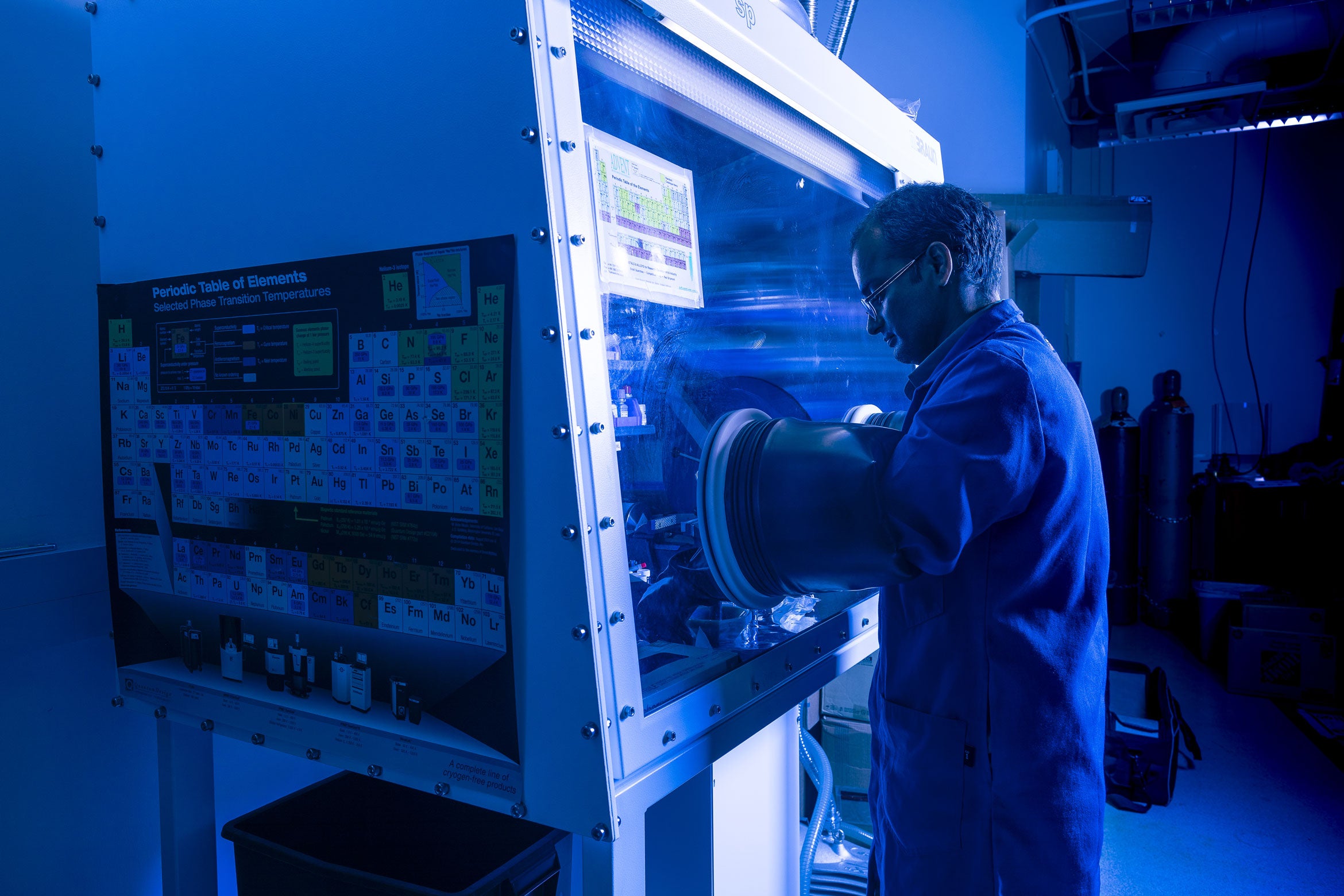
Quantum for All
The wisdom of experience goes a long way. That may hold especially true in complex topics such as quantum mechanics. When studying the science that explores properties of molecules, atoms and their constituents — electrons, protons and neutrons — along with other, more esoteric particles, any leg up is welcome.
Soon, UC Santa Barbara physics majors interested in quantum mechanics will get exactly that. Next fall, an introductory course in the subject will feature learning assistants — undergraduates who have already taken the class and have been trained to help their peers navigate it.
Adopting a model introduced at the University of Colorado Boulder in 2006, assistant physics professor Nathaniel Craig will refine what he and his colleagues have learned over the past few years. Craig first taught introductory quantum mechanics, an upper-division course, in 2015. The following year, a former participant started a supplementary section, acting informally as a learning assistant. His success suggested to Craig an opportunity to involve undergraduates more directly in education.
On the heels of a promising 2017 pilot project for physics learning assistants funded by Pierre Wiltzius, UC Santa Barbara’s Susan & Bruce Worster Dean of Mathematical, Life and Physical Sciences, Craig has won prominent support for the effort in 2018. For the education plan he developed formalizing a learning assistants program for the physics department, Craig received a Cottrell Scholar Award. The award is given to outstanding teacher-scholars for the quality and innovation of their research programs and their academic leadership skills.
“Professor Craig is well-positioned to introduce learning assistants,” said Don Marolf, physics department chair. “He has shown himself to be a skilled educator at all levels of our curriculum, ranging from introductory undergraduate courses to very advanced graduate material. I look forward to his work this fall with great anticipation.”
Quantum mechanics is one of the first courses students take on their varied trajectories toward physics degrees. “They’ve learned classical mechanics, but suddenly none of that intuition works anymore,” Craig explained. “They have to start from the ground up and there are lots of places they can get lost.”
Because quantum mechanics requires students to think differently about physics, Craig noted, the course is ideal for learning assistants, whose presence favorably reduces the teacher-student ratio. He also noticed that students tend to be more open about their conceptual shortcomings with their peers than with an instructor.
The physics department’s learning assistants program aims to address skyrocketing overall enrollment in the major and high attrition among Hispanic physics majors in part by bringing the interactive and collaborative environment typical of a small-enrollment class into the instructor-centered environment of a large-enrollment upper-level course. To that end, class sections for introductory quantum mechanics consist of 25 students, who meet weekly with both learning assistants and graduate teaching assistants.
Feedback from both students and learning assistants has been enthusiastic and positive. According to Craig, not only do the learning assistants acquire a better knowledge of quantum mechanics, they also are excited by their exposure to pedagogy.
“The Cottrell Scholar Award provides the opportunity to implement a more systematic program and a template that can one day be used for both graduate and undergraduate instruction,” said Craig, who plans to learn from colleagues at other institutions that have implemented Colorado’s learning assistant approach. “I’m curious to learn what other people’s experiences are and how to optimize instruction.”



